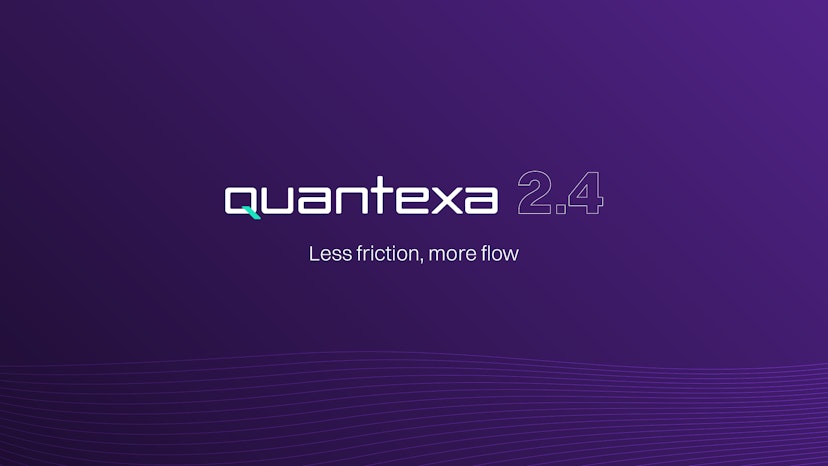Q Digest
The latest Decision Intelligence trends, insights and how-tos from the experts at Quantexa.
By industry
By solutions
Most popular

AI
4 Steps Banks Can Take To Implement Next-Level AI-Driven AML
Banks are embracing artificial intelligence to help combat money laundering and financial crime at higher speed and with great accuracy. AI is a welcome addition to the anti-money laundering tool kit.
article
See collections
Decision Intelligence: The future of decision-making
Decision Intelligence: The future of decision-making
A new approach to decision-making in our digital world. Find out everything you need to know on Decision Intelligence.
Learn more
Artificial Intelligence in context
Artificial Intelligence in context
It's time to operationalize AI for transformational outcomes. Check out the latest on AI, ML, and innovation.
Learn more
Using technology for good
Using technology for good
Manage your data effectively and enhance financial crime detection, tackle human trafficking and improve ESG initiatives.
Learn more
Adapting to a new age of fraud
Adapting to a new age of fraud
The fraud landscape is constantly and rapidly evolving. Stay one step ahead with our latest fraud-focused insights.
Learn more
Handpicked insights, straight to your inbox
Loading






